CERF 2023 Plenary Sessions
Monday, 13 November | 3:00 PM – 4:30 PM PT | Traditional Ecological Knowledge
Moderator: Matt Bethel, Louisiana Sea Grant
Session Focus: This plenary session focuses on how Traditional Ecological Knowledge is used in coastal resource management to build stronger engagement with coastal communities. Presentations and discussions will center on methods and techniques that use TEK for conflict resolution concerning complex multi-use resource issues in the coastal zone.
About the Panelists
Brittani Orona
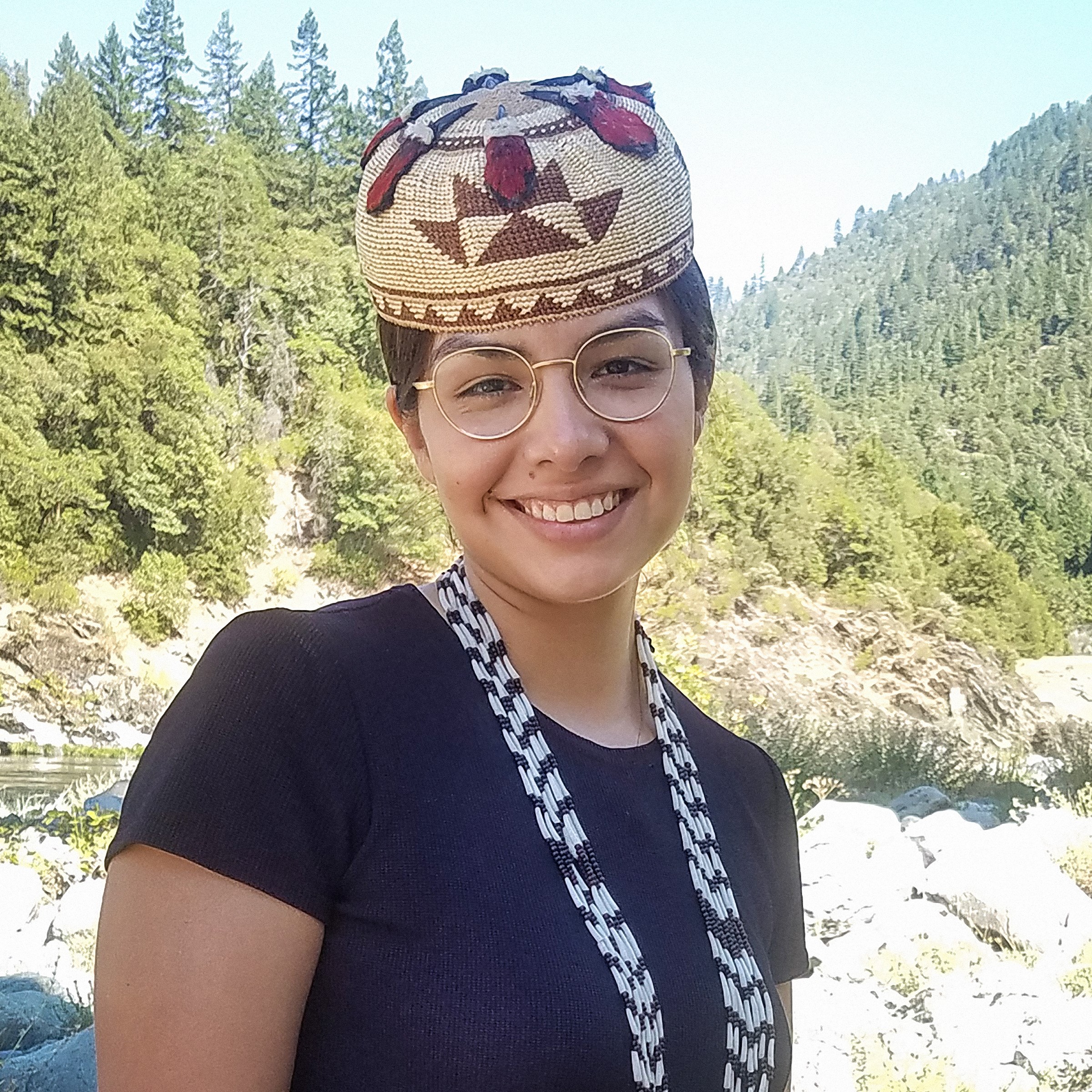
Brittani R. Orona (Hupa, Hoopa Valley Tribe) received her Ph.D. in Native American Studies with a Designated Emphasis in Human Rights from University of California, Davis. She is currently an Assistant Professor of American Indian Studies at San Diego State University (SDSU). Brittani earned her M.A. in Native American Studies from UC Davis, M.A. in Public History from Sacramento State University, and her B.A. in History from Cal Poly Humboldt (Formerly, Humboldt State University). Her research and teaching focus areas include Indigenous Human Rights, federal Indian Law, Environmental Justice (Indigenous and Native American), Tribal Water Rights, Traditional Ecological Knowledge (Place and Land based learning), Visual Sovereignty, California Indians (History and Politics), Decolonization, and Public History.
Her dissertation to manuscript project focuses on Indigenous environmental justice, visual sovereignty, and water rights on the Klamath River Basin in Northwestern California. The project addresses how environmental policy on the Klamath River Basin relies on narrow definitions of genocide, time, and settler-colonial concepts of ownership to continue Indigenous land dispossession in California. Hupa, Yurok, and Karuk artists and activists work beyond the scope of environmental policy to assert place-based epistemology through trans-Indigenous relationships against the state. Prior to joining SDSU, Brittani worked for several federal, local, and state government agencies including: California State Parks, California Department of Toxic Substances Control, California Government Operations Agency, California State Indian Museum, the California State Office of Historic Preservation, California State Archives, National Museum of the American Indian in Washington DC, and the Maidu Museum and Historic Site.
Douglas Deur
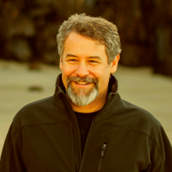
Douglas Deur is Associate Research Professor in Department of Anthropology at Portland State University. Dr. Douglas Deur’s research focuses on the intersection between culture, place, and environment. Much of his work explores in cultural and historical context how deeply-rooted human communities relate to the lands and natural habitats of their home places. Working closely with Native American knowledge holders and multidisciplinary research teams, he seeks to illuminate misunderstood environmental traditions, such as tribes’ ecological knowledge and management of particular plants, animals, and habitats. Dr. Deur’s writings are frequently co-authored with Native American scholars and elders; an even larger proportion has limited distribution due to its sensitive content. He has received several awards for his academic writing and research, while his popular foraging guidebook has appeared on the New York Times Best Seller list. Adopted Kwakwaka’wakw, he also holds advanced degrees in both geography and anthropology. He serves as an advisor to nonprofits, and is currently serving his first term as a governor-appointed Commissioner to the department overseeing Oregon’s parks, beaches, scenic waterways, and cultural heritage.
Samantha Chisholm Hatfield
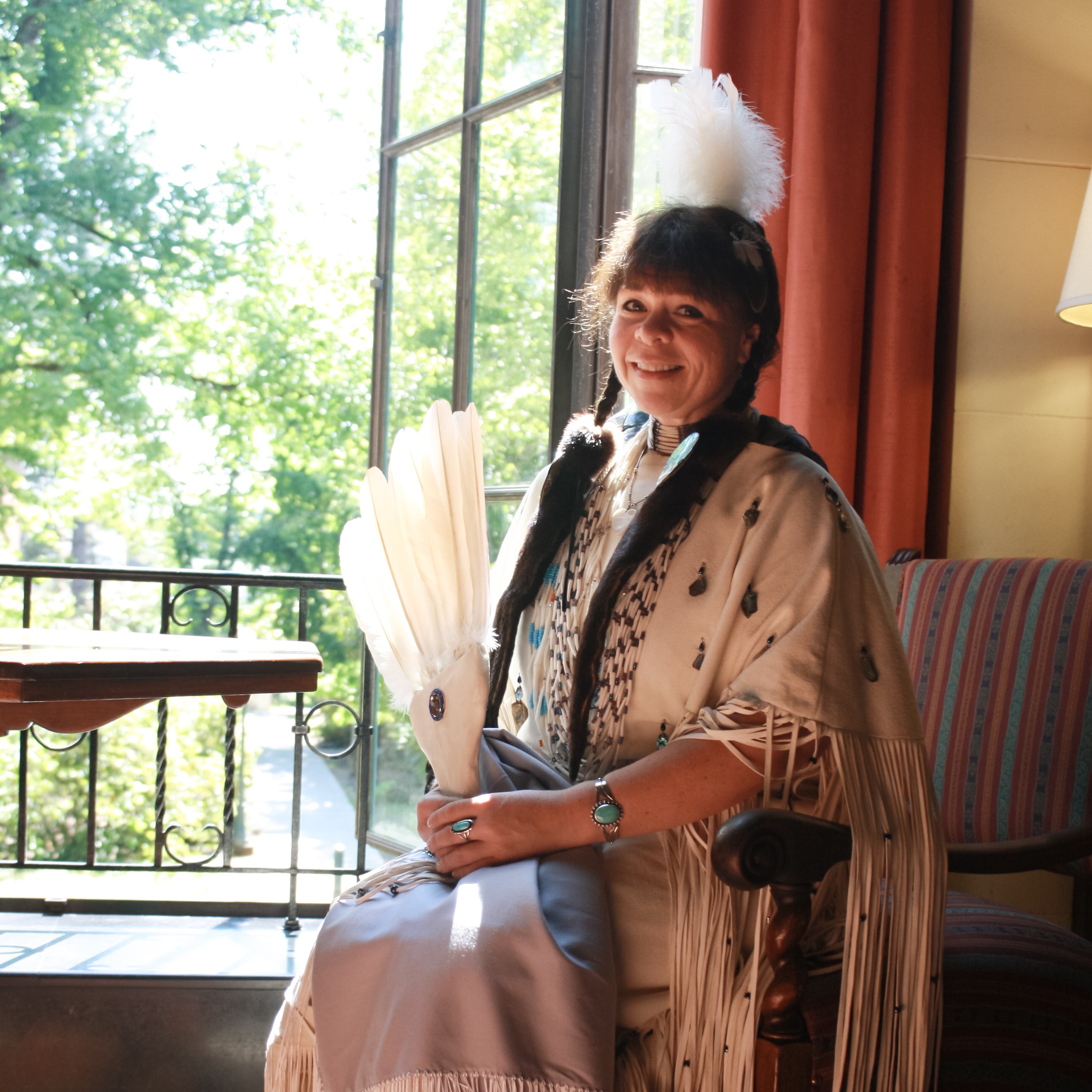 Dr. Samantha Chisholm Hatfield is an enrolled member of the Confederated Tribes of Siletz Indians, from the Tututni and Chinook Bands. Dr. Chisholm Hatfield is also Cherokee. Dr. Chisholm Hatfield is currently an Assistant Professor Senior Research at Oregon State University in the Fisheries Wildlife and Conservations Sciences department. She teaches various courses focused in TEK including: Intro to TEK, TEK Applications, Native American Agriculture, Ecosystems of Pacific Northwest Indians.
Dr. Chisholm Hatfield has earned an American Sign Language Interpretation certification, a Bachelor of Science in Ethnic Studies with a concentration in Native American studies and a minor in Cultural Anthropology from Oregon State University. She holds her Doctorate in Environmental Sciences from Oregon State University. Her revolutionary dissertation work has been considered groundbreaking research and heralded for the way she has melded physical and social science, combining empirical research with social science methodology. She was the lead author for the Tribal Cultural Resources chapter for the state’s fifth Oregon Climate Assessment Report, and is a current author for the forthcoming Fifth National Climate Assessment report.
Dr. Chisholm Hatfield's specializations include: Indigenous TEK, Tribal adaptations in response to climate change, and Native culture issues. She's worked with Oregon Climate Change Research Institute as a Tribal liaison an researcher, and successfully completed a Post-Doctoral Research position with Northwest Climate Science Center. She's spoken on national and international levels for such events as the First Stewards International Symposium, National Congress of American Indians, Munhwa Broadcasting Corporation, Korean Broadcasting System, and UNESCO Intangible Culture Heritage Haenyeo commemoration, and TEDx. She's helped coordinate Tribal participation for the Northwest Climate Science Center and USGS Climate Boot Camp workshops. Her dissertation has been heralded nationally by scholars as a pioneering template for TEK research, and remains a staple conversation item for academics and at workshops. She is a Native American Longhouse Advisory Board member at Oregon State, was selected as an H.J. Andrews Forest Visiting Scholar, repeatedly a featured blogger for Union of Concerned Scientists, and chosen as a Korean Foundation Fellowship Field Research Scholar to study TEK in South Korea. Samantha is a photographer, author in fiction, non-fiction, and poetry, is currently learning Tolowa, Korean, as well as continuing her study of Chinook, and actively participates in her traditional cultural practices utilizing TEK.
Wednesday, 15 November | 3:00 PM – 4:30 PM PT | Social Inequities of Climate Change and Community Migration
Moderator: Robert R. Twilley
Session Focus: This session focuses on the social inequities of climate change and community migration as result of increased flooding occurrences in the coastal floodplain. The issues of community gentrification and equities in housing and land ownership as communities migrate is complex issue of environmental justice and coastal urban planning. Presentations and discussion will center on methods and techniques that use TEK to for conflict resolution concerning complex multi-use resource issues.
About the Panelists
Gavin Smith
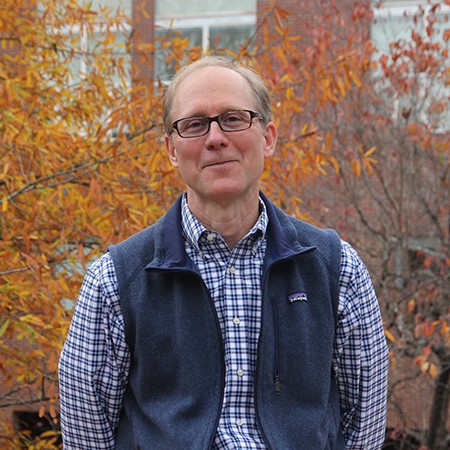
Gavin Smith joined the Department of Landscape Architecture and Environmental Planning at North Carolina State University in January 2019. He holds three degrees from Texas A&M University including a Ph.D. in Urban and Regional Planning, a Master’s degree in Sociology and an undergraduate degree in Sociology. Smith teaches courses focused on natural hazards, disasters and climate change adaptation as part of a new certificate program located in the College of Design.
Previous work includes serving as an Assistant Director in the North Carolina Division of Emergency Management where he led the acquisition and relocation of more than 5,000 flood-prone homes, developed a state-wide hazard mitigation planning program that ultimately informed the creation of the national Disaster Mitigation Act of 2000 and served as an advisor to Governor Hunt on policies and programs associated with long-term recovery in North Carolina. Following Hurricane Katrina, Dr. Smith worked in the Mississippi Office of the Governor, serving as the Director of the Office of Recovery and Renewal. While in this position, he led the development of the concept and wrote policy guidance associated with the 400 million-dollar Alternative Housing Pilot Program, an initiative intended to test the construction and deployment of improved emergency housing alternatives following Hurricane Katrina. He led the Hurricane Matthew Disaster Recovery and Resilience Initiative, a team comprised of faculty and students from the University of North Carolina at Chapel Hill and North Carolina State University focused on assisting six hard-hit rural communities to tackle planning and design challenges that are not traditionally addressed by federal and state agencies.
Smith is an internationally recognized expert on natural hazards, disasters, and climate change adaptation and as such regularly speaks at national and international conferences, conducts media interviews with US and international newspapers, radio and television outlets. Dr. Smith has written numerous journal articles and practice-oriented reports and is the co-editor of the text, Adapting to Climate Change: Lessons from Natural Hazards Planning (Springer 2014). His current research focuses on assessing the state of disaster resilient design curricula at US Universities, the role of gubernatorial leadership in disasters, creating a coastal hazard overlay district guide, and creating a guide focused on protecting historic properties and landscapes. In addition, Smith is leading a FEMA-funded effort to identify and create a national network of faculty, researchers, and extension agents focused on assisting under-resourced communities write and implement hazard mitigation risk reduction grants.
Patty Bohnee
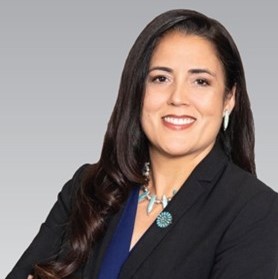 Patty Ferguson-Bohnee is the Director of the Indian Legal Clinic, Faculty Director of the Indian Legal Program, Clinical Professor of Law, and Associate Dean of Inclusive Excellence at the Sandra Day O'Connor College of Law at Arizona State University. She is an Associate Justice of the Hualapai Court of Appeals and is Of-Counsel in the Indian Law Practice Group at Sacks Tierney, P.A. She is a member of the Pointe-au-Chien Indian Tribe. Patty has substantial experience in Indian law, election law, voting rights, environmental justice, and status clarification for tribes. She has been highly involved in the federal recognition process and religious freedom for non-recognized tribal members. She also advocates for the rights of unrecognized tribes in response to environmental disasters. She has testified before Congress, the Louisiana Legislature, and the Inter American Commission on Human Rights regarding tribal recognition, climate displacement, and human rights issues. She successfully assisted four bayou tribes in obtaining recognition from the State of Louisiana. She recently assisted four Louisiana coastal tribes and an Alaska Tribe in preparing a complaint that was filed with the United Nations alleging human rights violations.
|



 Dr. Samantha Chisholm Hatfield is an enrolled member of the Confederated Tribes of Siletz Indians, from the Tututni and Chinook Bands. Dr. Chisholm Hatfield is also Cherokee. Dr. Chisholm Hatfield is currently an Assistant Professor Senior Research at Oregon State University in the Fisheries Wildlife and Conservations Sciences department. She teaches various courses focused in TEK including: Intro to TEK, TEK Applications, Native American Agriculture, Ecosystems of Pacific Northwest Indians.
Dr. Samantha Chisholm Hatfield is an enrolled member of the Confederated Tribes of Siletz Indians, from the Tututni and Chinook Bands. Dr. Chisholm Hatfield is also Cherokee. Dr. Chisholm Hatfield is currently an Assistant Professor Senior Research at Oregon State University in the Fisheries Wildlife and Conservations Sciences department. She teaches various courses focused in TEK including: Intro to TEK, TEK Applications, Native American Agriculture, Ecosystems of Pacific Northwest Indians. 
 Patty Ferguson-Bohnee is the Director of the Indian Legal Clinic, Faculty Director of the Indian Legal Program, Clinical Professor of Law, and Associate Dean of Inclusive Excellence at the Sandra Day O'Connor College of Law at Arizona State University. She is an Associate Justice of the Hualapai Court of Appeals and is Of-Counsel in the Indian Law Practice Group at Sacks Tierney, P.A. She is a member of the Pointe-au-Chien Indian Tribe.
Patty Ferguson-Bohnee is the Director of the Indian Legal Clinic, Faculty Director of the Indian Legal Program, Clinical Professor of Law, and Associate Dean of Inclusive Excellence at the Sandra Day O'Connor College of Law at Arizona State University. She is an Associate Justice of the Hualapai Court of Appeals and is Of-Counsel in the Indian Law Practice Group at Sacks Tierney, P.A. She is a member of the Pointe-au-Chien Indian Tribe.